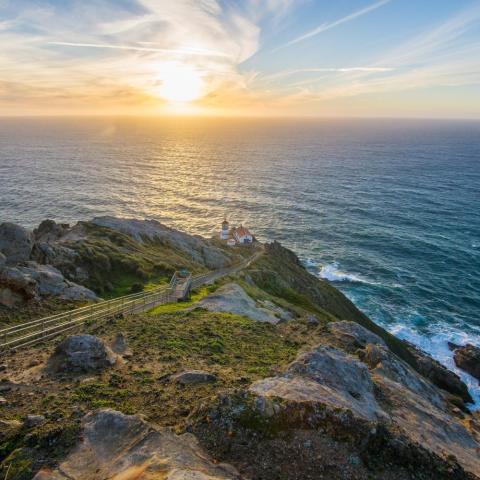
Seventy-six mountain goats were successfully moved out of Olympic National Park in July/NPS
July operations to relocate mountain goats out of Olympic National Park succeeded in moving 76 of the animals, though another 13 either died or were killed in the process.
The relocation program is designed to eventually remove most, if not all, of the nonnative animals from the national park located on Washington state's Olympic Peninsula. Three of the release sites in the Cascades will be staged from the Mt. Baker-Snoqualmie (MBS) National Forest. These sites include the Chikamin area on the Okanogan-Wenatchee National Forest, Preacher Mountain on the MBS, and Hardscrabble Ridge on an inholding owned by Forterra. Two release areas are near mountain peaks south of the town of Darrington on the Darrington District of the MBS. The other is near Mt. Index on the Skykomish Ranger District of the MBS.
The July capture operations ended on July 19. During it, five goats died in the capture process, one during transport, three were euthanized, and four were "lethally removed" after attempts to capture them failed, a joint National Park Service-Forest Service release said.
Since September 2018, 174 mountain goats have been translocated. An additional two-week capture period is planned for mid-August. Capture and translocation may continue into 2020 depending on this year’s results.
Though some mountain goat populations in the North Cascades have recovered since the 1990s, the species is still absent or rare in many areas of its historic range. Mountain goats were introduced to the Olympics in the 1920s.
In addition to being nonnative to the national park, mountain goats can be a danger to humans. Back in October 2010, Bob Boardman, of Port Angeles, Washington, was gored on a trail near Klahhane Ridge some 17 miles south of Port Angeles. The 63-year-old was protecting other hikers from a goat, estimated at 370 pounds, when it gored him in the thigh and then reportedly stood over him as he bled to death.
Mountain goats follow and approach hikers because they are attracted to the salt from their sweat, urine, and food. That behavior is less likely in the north Cascades where visitors are more widely distributed than those at Olympic National Park, said Rich Harris, a Washington Department of Fish and Wildlife wildlife manager who specializes in mountain goats.




 Support Essential Coverage of Essential Places
Support Essential Coverage of Essential Places







Add comment